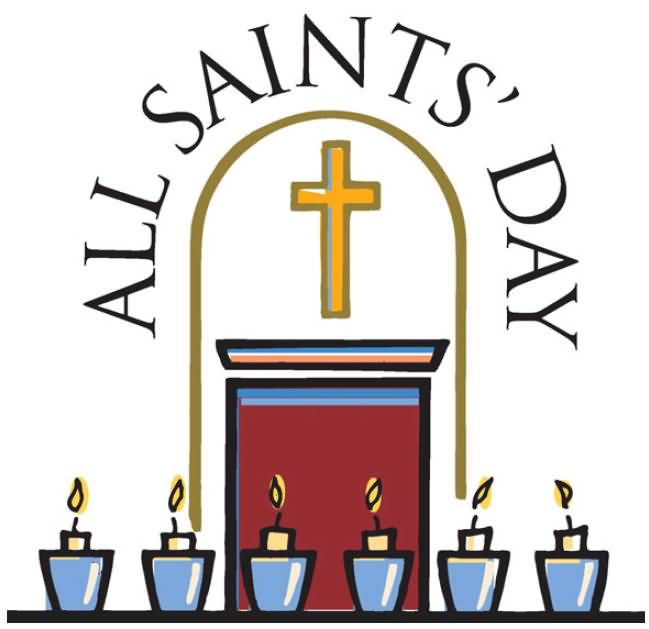
Today’s liturgy invites us to reflect on the proposals of blessedness from Jesus. They are the ones that the saints in heaven have put into practice and that the saints on earth, encouraged by their example, are encouraged to follow.
The gospel of blessedness is preached from the top of a mountain. More than a real place, the mountain refers to any place or time that we dispose ourselves to meet the Lord and accept his word.
We can visualise the scene. Jesus detaches himself from the plain, a symbol of society where—in the words of the Ecclesiastes—“all that is done, all that succeeds, results from rivalry with the neighbour: all is meaningless and chasing the wind” (4:4).
He climbs the mountain where the judging criteria and proposed models of life are radically different: they are those of God.
The scale of values established in the plains is, in broad terms, is: the first place to health, then family, professional success, bank account and friends. Even God and the saints—of course—are placed in the ranking, but more at the bottom, as useful supports of previous values that are really at heart.
Will the person who lives his own life according to these ideals be successful?
Jesus does not exalt poverty as such. He makes it clear that not all the poor are blessed. Only those who, by choice, manage their assets according to God’s plan are blessed.
The poor in spirit are those who decide not to keep anything for themselves and make available to others all that they receive.
Mind you: the poor in the gospel is not the one who has nothing, but who does not keep anything for themselves.
Whoever has had more is considered rich, if they become haughty or oppress others. If they spend themselves for others and put themselves at the service of those who need them, they are poor in spirit.

Someone who is miserable may not be poor in spirit if they curse themselves or others; if they attempt to improve their own condition through violence or deceit; lose interest in others, or cultivate the dream of a prestigious position.
The promise of the beatitude does not refer to a distant future. It does not guarantee entry into heaven, but announces an immediate joy: for theirs is the kingdom of heaven. From the moment you make the choice to become and to remain poor, you enter the kingdom of heaven and belong to the family of saints.
For centuries in the Church, an asceticism that exalted pain to unite more closely with the suffering of Christ was preached. It attracted legions of saints and awakened precious spiritual energies, but also spread the mistaken belief that suffering is pleasing to God.
It does not. Suffering dehumanises and the Lord cannot be pleased with what disfigures the face of his children. Jesus, quoting the prophet Hosea, said that God desires love, not sacrifice (Matthew 9:13).
The afflicted that heaven regards as blessed are those who are attentive and sensitive to the immense cry of pain that rises from the world. “They weep with those who weep” (Romans 12:15), but do not resign themselves in the face of evil and suffering. They expect salvation from God and his word.
They will be comforted in the kingdom of God. There, all that causes pain and tears will be erased.

Father Fernando Armellini SCJ
Claretian Publications
bibleclaret.org
Translated by Father John Ledesma SDB
Abridged by Father Jijo Kandamkulathy CMF










